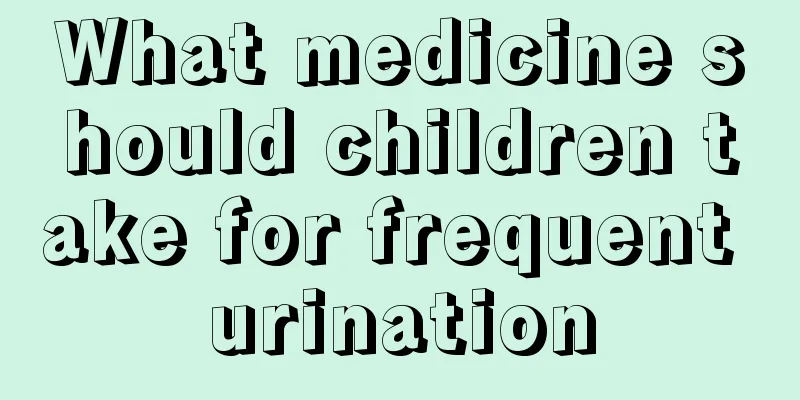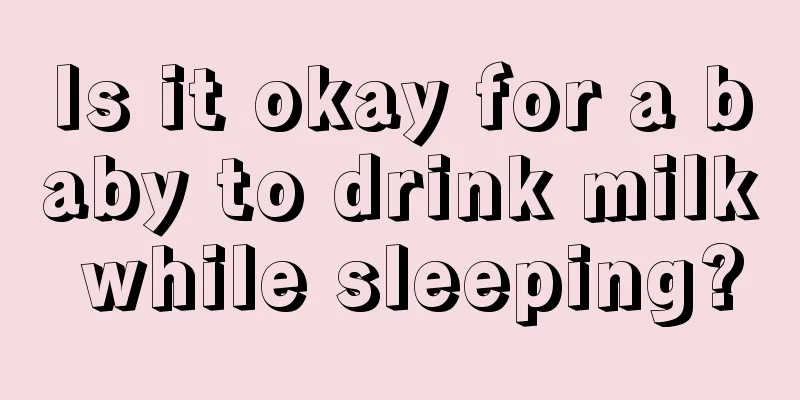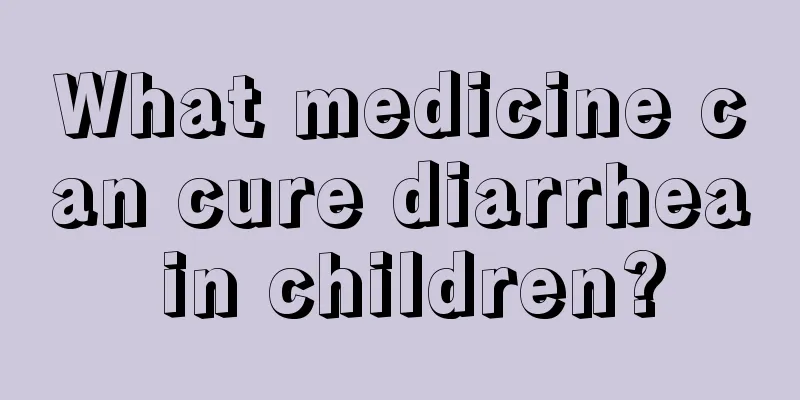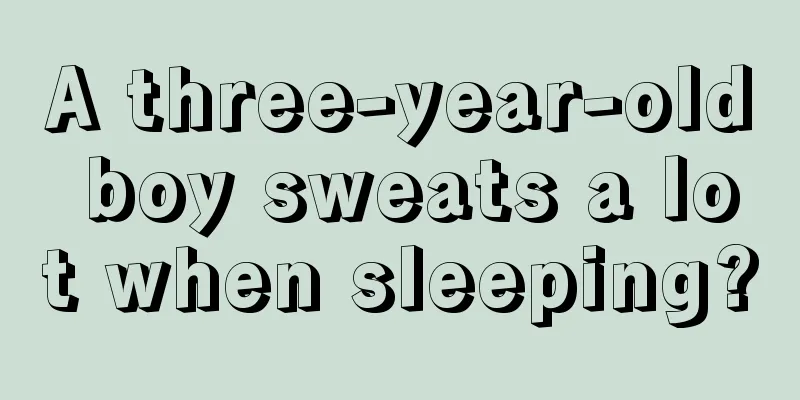The child coughs in the middle of the night
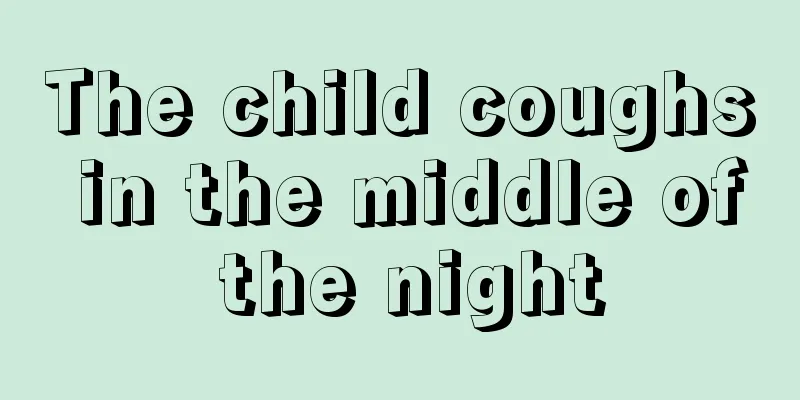
|
Children have weaker immunity and often get sick for various reasons. For example, many children have the problem of coughing in the middle of the night, which is probably because the children suffer from upper airway cough syndrome. This symptom is mostly caused by rhinitis, and timely treatment is needed when the disease occurs. Here we will introduce the causes and treatments of upper airway cough syndrome. 1. Upper airway cough syndrome is mostly caused by rhinitis Upper airway cough syndrome is a general term for cough caused by upper respiratory tract diseases through nasal secretion regurgitation and/or inflammatory stimulation. Since most of the time it is caused by nasal diseases that cause secretions to flow back into the back of the nose and throat, and then flow back into the glottis or trachea, causing coughing, it is also called postnasal drip syndrome. For example, if a child has unhealed rhinitis, although we cannot see the mucus secreted, it will flow back into the throat when the child lies down to sleep at night, causing coughing. Morning is the time when the mucus is most accumulated, so some children will cough when they get up in the morning. However, because the rhinitis is not too serious, they will not cough during the day. 2. 25% of children with long-term cough suffer from upper airway cough syndrome If a child has a long-term cough, it can be considered a chronic cough disease, among which the following 6 common causes are: First, asthma, which is manifested by recurrent symptoms such as wheezing, shortness of breath, chest tightness and cough; second, allergic cough, also known as cough variant asthma, which is a paroxysmal irritating dry cough, which may be aggravated by inhaling smoke or irritating chemical odors, and is often accompanied by paroxysmal coughing at night or in the early morning; third, upper airway cough syndrome; fourth, gastroesophageal reflux, some babies experience this symptom after feeding; fifth, foreign body inhalation, such as babies inhaling some fine particles into the lungs, causing frequent coughing; sixth, tics, which are coughs caused by bad habits in children. 25% of children with chronic cough suffer from upper airway cough syndrome, 25% suffer from allergic cough, and the remaining causes are relatively less common. If your child seems healthy and has no obvious allergy symptoms, it is most likely upper airway cough syndrome. Treatment of upper airway cough syndrome Since upper airway cough syndrome is mostly caused by rhinitis, the first thing to do is to treat primary diseases such as nasal polyps, chronic rhinitis, sinusitis, allergic rhinitis, etc., to cut off the source of the disease, reduce inflammatory response, and reduce secretions; secondly, use some nasal drops, which can promote the recovery of mucosal function, promote the discharge of nasal secretions, and reduce postnasal drip; thirdly, pay attention to the child's diet and sleep, which can also help alleviate symptoms. Once a child suffers from an acute inflammation, such as a common cold, he or she will generally recover naturally. However, if the child has an allergic constitution, or has caught a cold repeatedly, and the air quality is poor, it can easily develop into a chronic inflammation. |
<<: Child convulsing in the middle of the night
>>: How to treat watery stool in children
Recommend
What are the indoor rock climbing projects for children?
What are the indoor rock climbing projects for ch...
Treatment for infant crying at night
Young children crying in the middle of the night ...
What is the treatment for a child's cough?
When children are sick and in pain, the parents a...
Can premature baby infections be cured?
Premature babies have poor physical constitution ...
5-year-old child grinding teeth at night
We often see people grinding their teeth while sl...
Symptoms of hemangioma in children
Hemangioma is a very common disease. There are ma...
What to do if a 12-year-old child has a hunchback? How to correct it
Hunchback is not a trivial matter for growing tee...
Hand, foot and mouth disease ev71 positive
If you are sure that your baby has hand, foot and...
Can children wear plasters?
The plasters that are more common in our lives us...
What are the treatments for cerebral hypoplasia?
For newborns, if they suffer from cerebral hypopl...
Analysis of three situations in which babies like to stick out their tongues
We all know that babies like to stick out their t...
What to eat for children with eye problems
It is very important to take care of the eyes dur...
What causes shortness of breath in newborn babies?
We all know that the breathing of newborn babies ...
What should I do if my child has eczema on his feet?
In life, people all know that eczema is a common ...
What happens when a child has a fever and convulsions?
Once family members see signs of a child having a...

